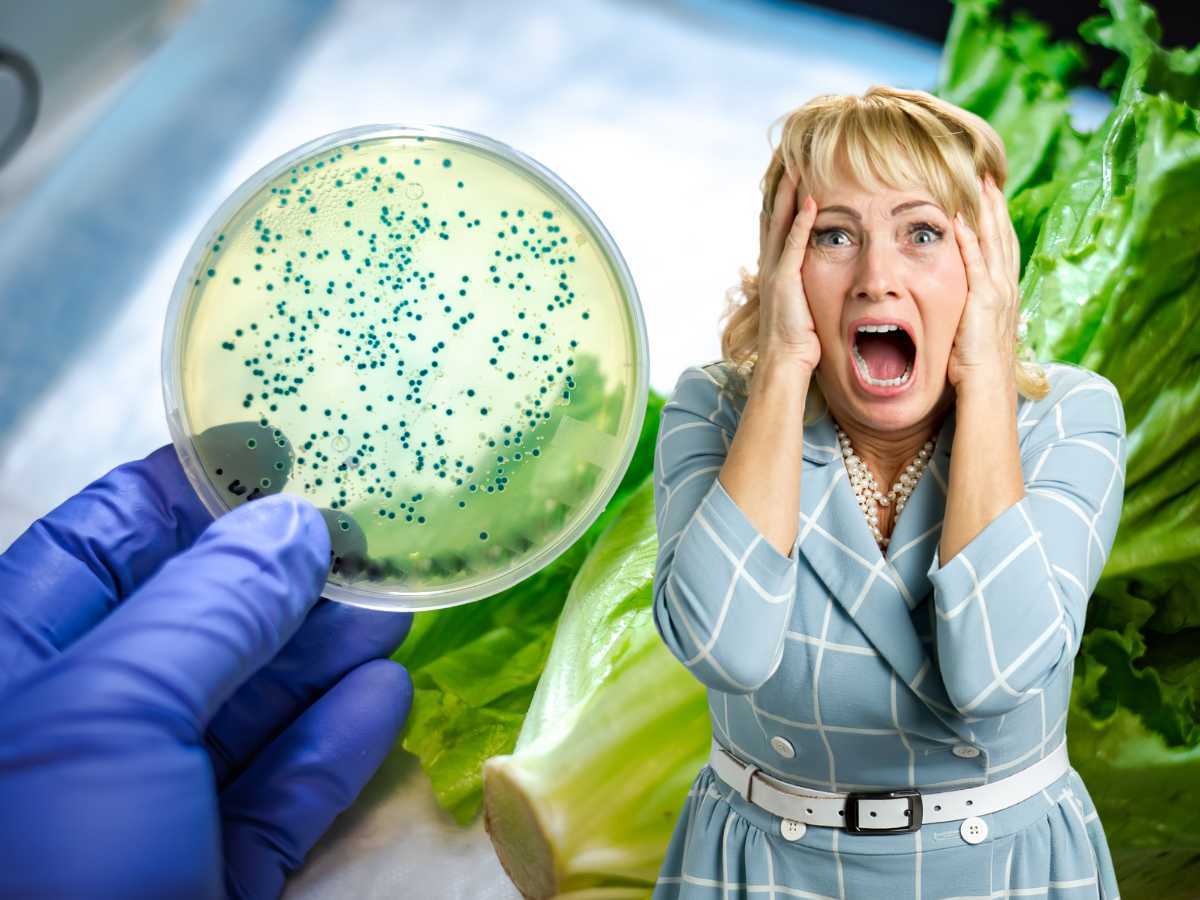While we are currently watching a pathetic party-political war being played out on our TV screens and social media platforms during the general election, we are also under attack. You would be quite right to think I am referring to the last 14 years of austerity that has led to the decimation of our NHS or perhaps the destruction of our local and primary care services. I mean, I wouldn’t blame you for thinking that this has something to do with our disgusting water companies that have been allowed to release tonnes of sewage into our rivers, lakes, and beaches. But this battle isn’t on our beaches… this is an attack from E-coli, and it’s becoming an outbreak.
Under attack: an E-coli outbreak?
In a typical year, E-coli cases throughout the UK can reach up to around 1,500. But as of 4 June 2024 the UK Health Security Agency has been working together with public health agencies in England, Scotland, Wales, and the North of Ireland as an increasing number of shiga toxin-producing E-coli (STEC) cases have occurred.
However, they have not found the source or the connection – meaning the cause of the outbreak is still unknown.
Since 25 May alone there have already been:
- 81 cases in England.
- 13 cases in Scotland.
- 18 cases in Wales.
- 1 case in the North of Ireland (although it has been suggested that this case acquired their infection whilst visiting England).
The age range of these cases is from two to 79 years old, with around 61% of cases being hospitalised. The majority of cases have been with younger people, and there is growing belief that this has come from a “nationally distributed food item or multiple food items”.
What is E-coli?
E-coli or escherichia coli 0157, sometimes called STEC, is a bacteria that can cause infection in humans.
Saying that is a mouthful, but trust me you really don’t want a mouthful of this.
E-coli can be found in the gut and faeces of many animals like cattle and sheep, from eating undercooked meat or raw leafy vegetables – yes this includes unwashed salad leaves too.
It has often been found in milk and cheese products and it can be passed on by touching or coming into contact with infected animals or contact with other people who have the illness. E-coli can also come from contaminated water supplies, swimming pools, ponds, and streams.
The symptoms of E-coli are normally present after around three to four days after the initial attack – sorry – infection. This will include diarrhoea, stomach cramps, and occasionally a fever with about half of these patients experiencing bloody diarrhoea.
A smaller number of people well then develop a very serious condition called haemolytic uraemic syndrome (HUS). These symptoms include easy bruising, swelling, tiredness, and peeing less and in its worst forms can lead to kidney failure and death.
So is it in our water?
Well it can’t be, right?
Yes it can. There have been “dangerous levels of E-coli found in half of England’s 27 new bathing sites“.
So, that’s 13 sites that have been granted designated bathing water status that were found to have levels of E-coli above 1,000 colonies per 100ml.
It’s ok, though, because that’s the maximum level considered for safe bathing by expert’s. And they’re always right when it comes to our water, aren’t they? Just ask the lovely people of Brixham in Devon.
Is it all over our public transport?
No, don’t worry. There’s only “Faecal Streptococci and E-coli found on SOME London underground lines“.
I mean, they only found a “staggering” 16,000 colony-forming units (CRU) on Victoria Line seats. The Metropolitan Line had pseudomonas aeruginosa at 400 CRU, with enterococci on the seats at 960 CRU. Meanwhile the poles – the things we all put our hands on – only had 80 CRU of this bacteria.
So, it can’t be that bad, right?
Wrong.
How can we defend ourselves?
Well whatever it is and wherever it’s coming from, we are all at risk from this bacterial outbreak and we need to protect ourselves.
Unlike the pantomime that is our general election, this bacteria isn’t messing around. And whoever claims to be able to save the UK, it is ultimately the decisions of past governments that has left the UK in the state it is currently in.
So where does that leave us?
Well, we know to wash our hands often and drink plenty of water… just maybe not tap water…
We still have our collapsing NHS to defend us, and it’s not like we are seeing massive gaps in care or even GP’s leaving in numbers due to the lack of front line drugs. Oh, wait…
OK, well maybe we need to just watch what we eat? I mean it’s not like we’re going to be having to eat insects soon…
Oh. OK.
Well, lets hope they don’t cause E-coli.
Do they…?
Featured image via Envato Elements




